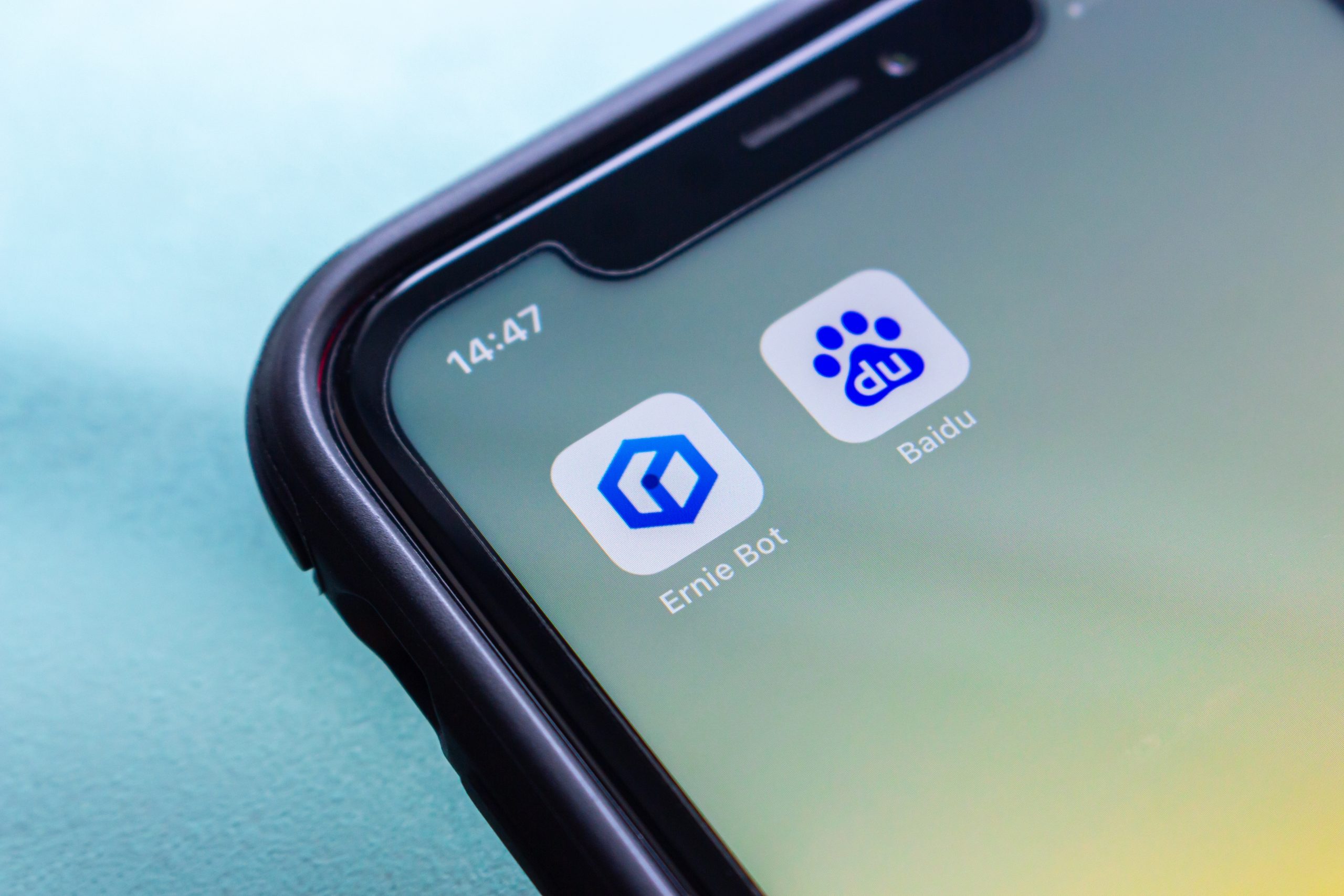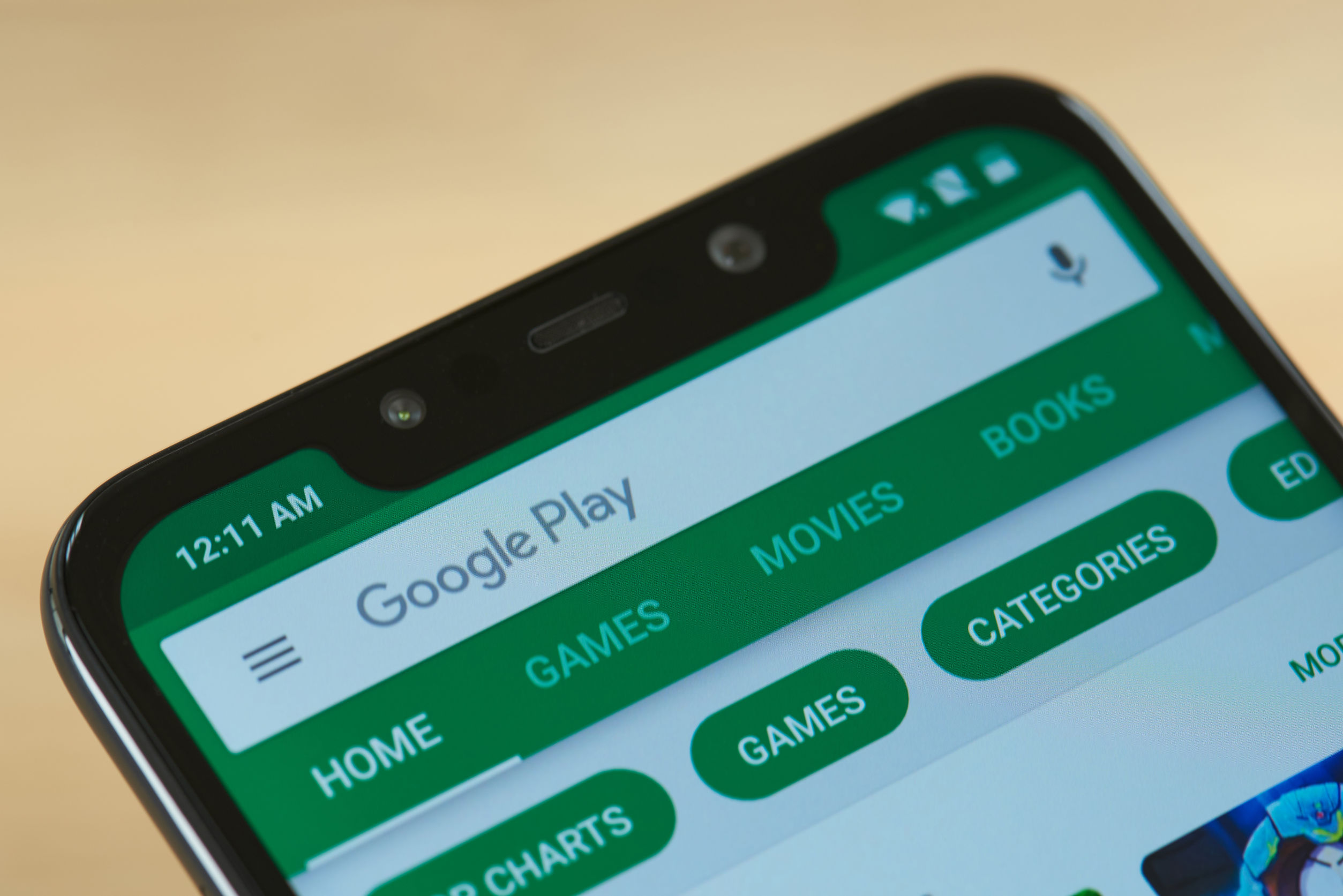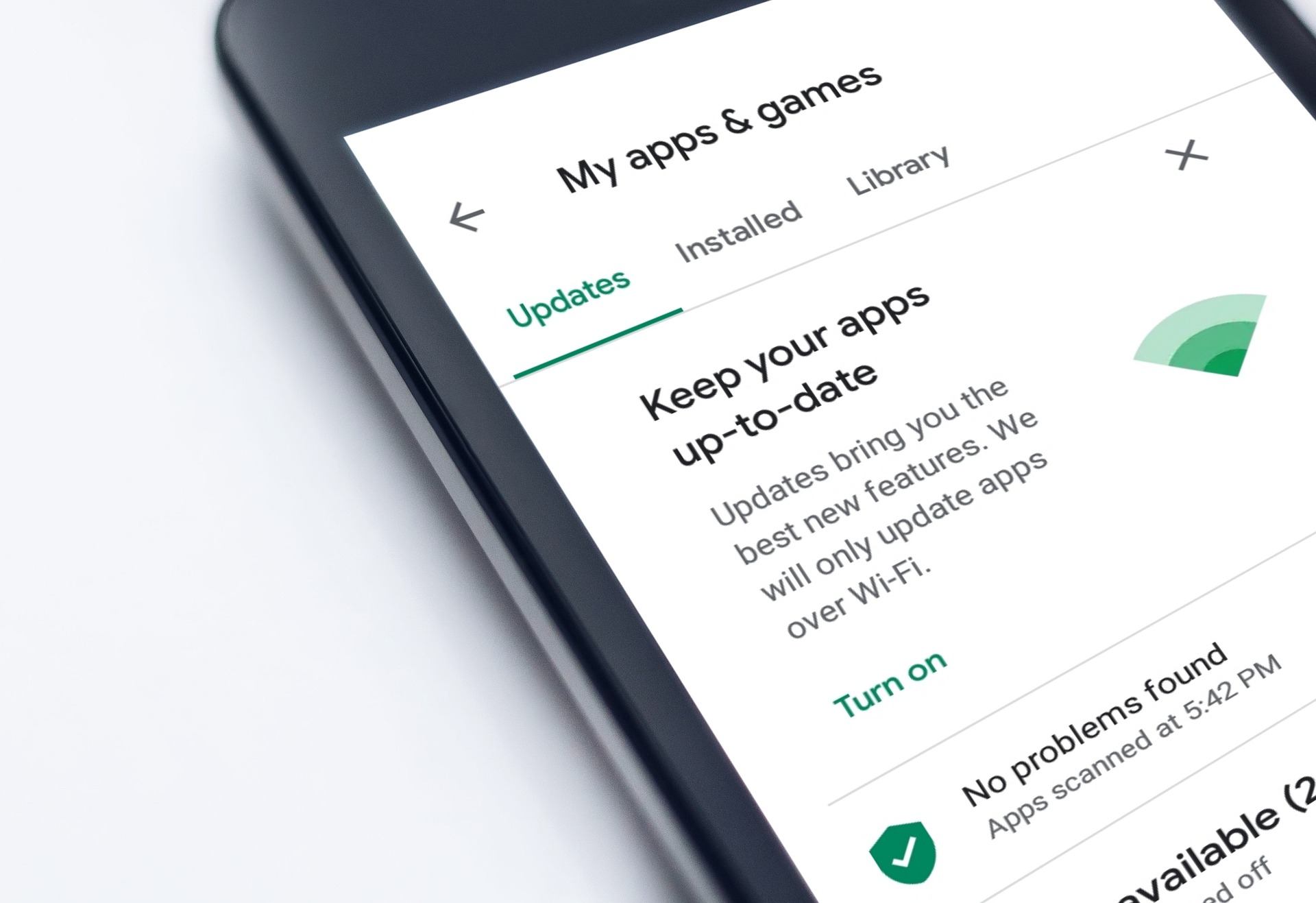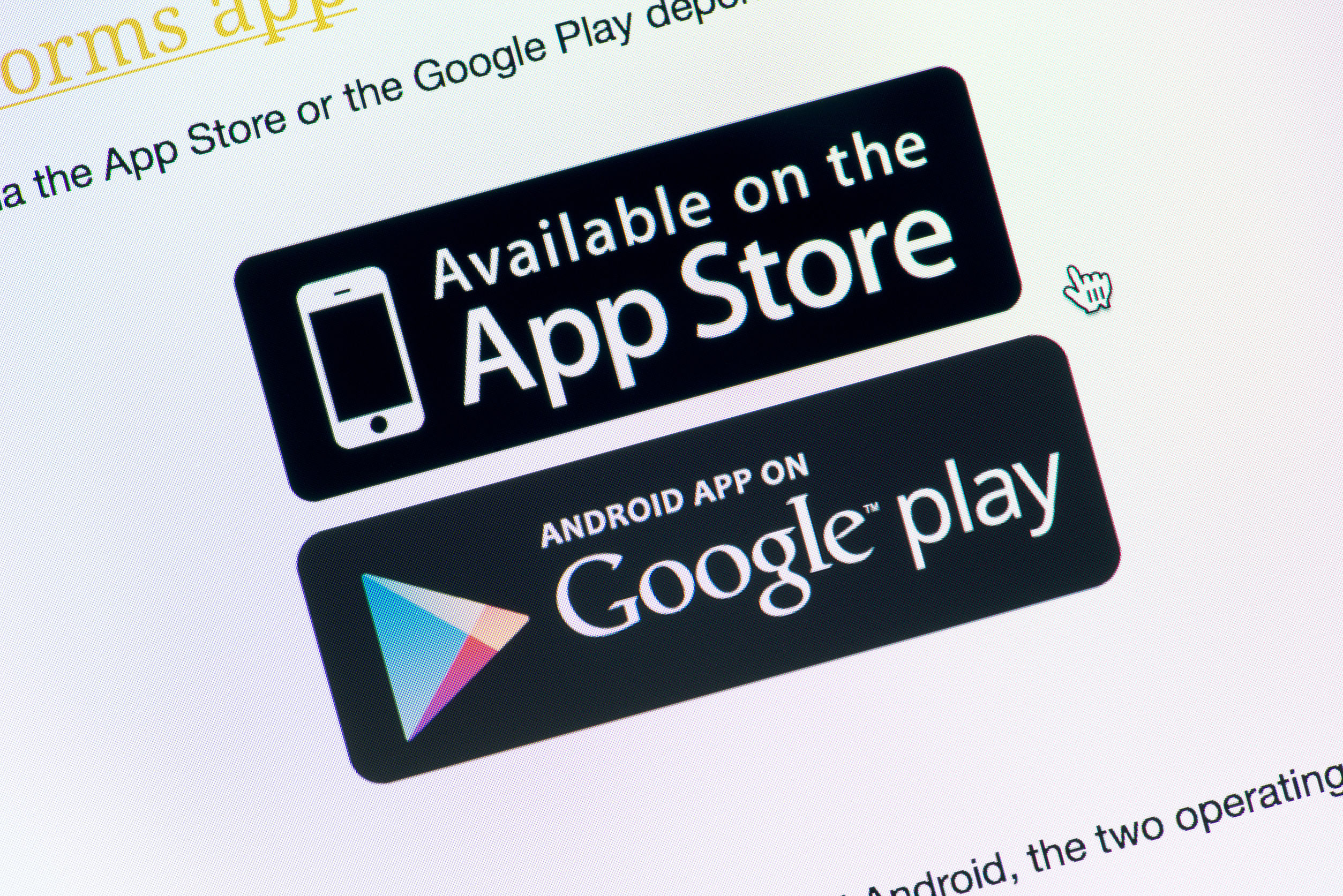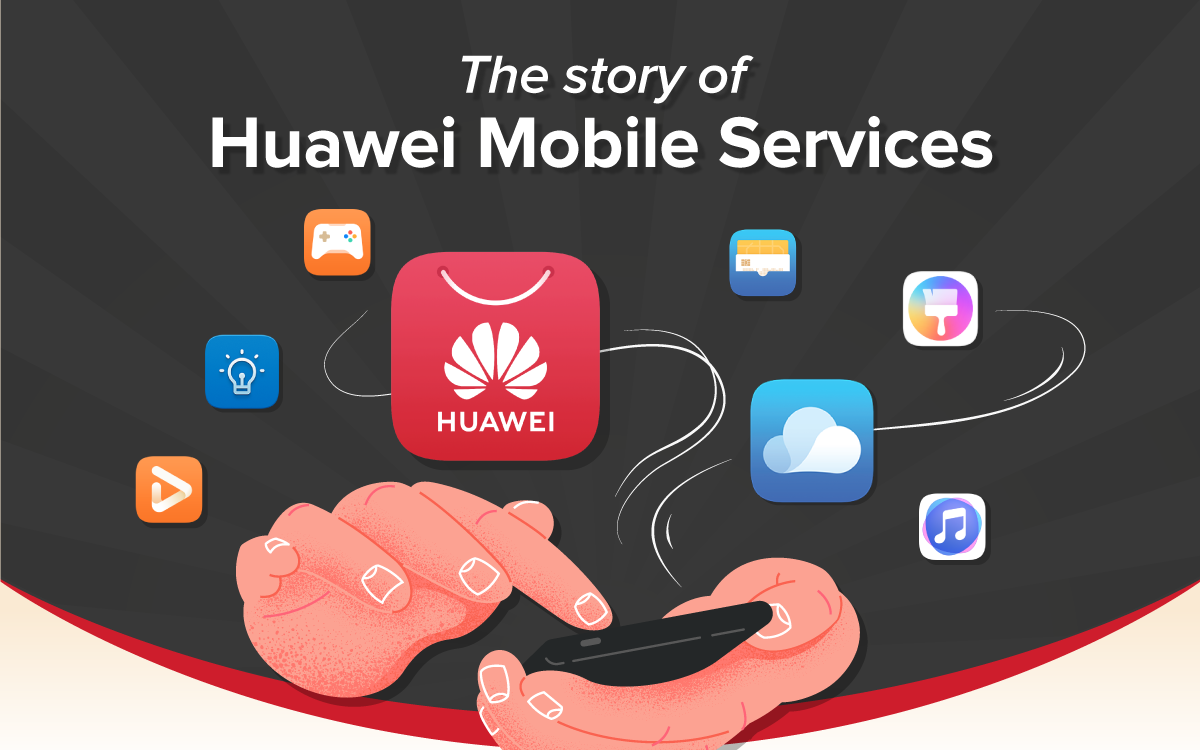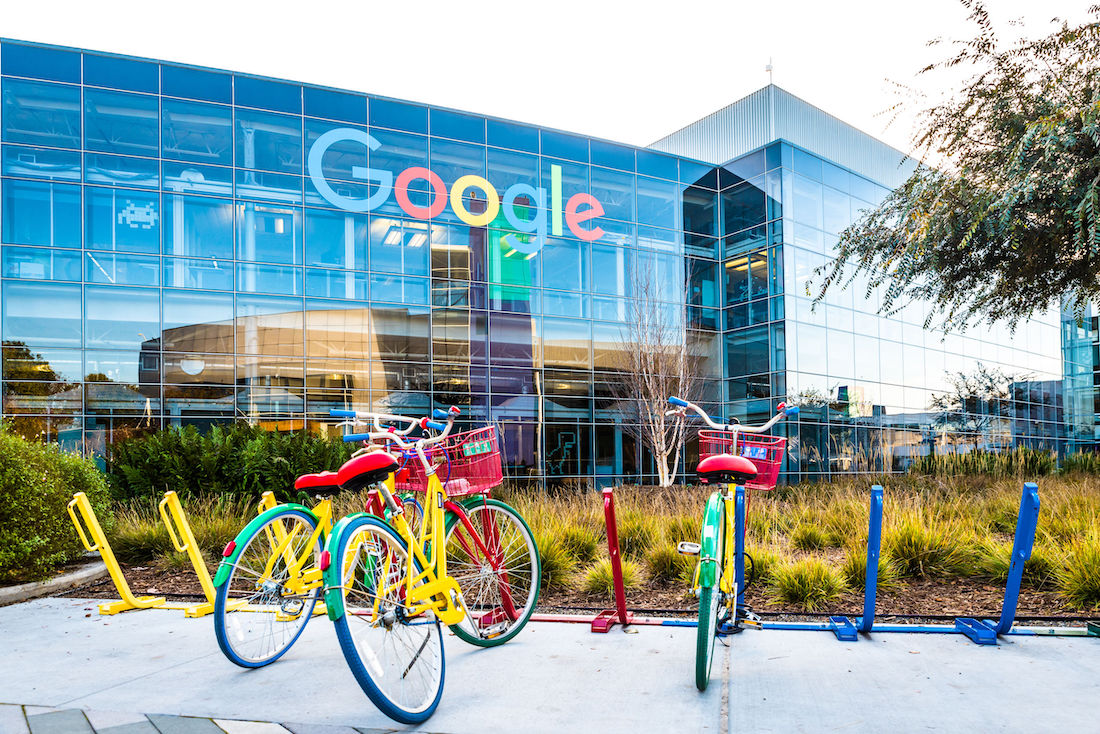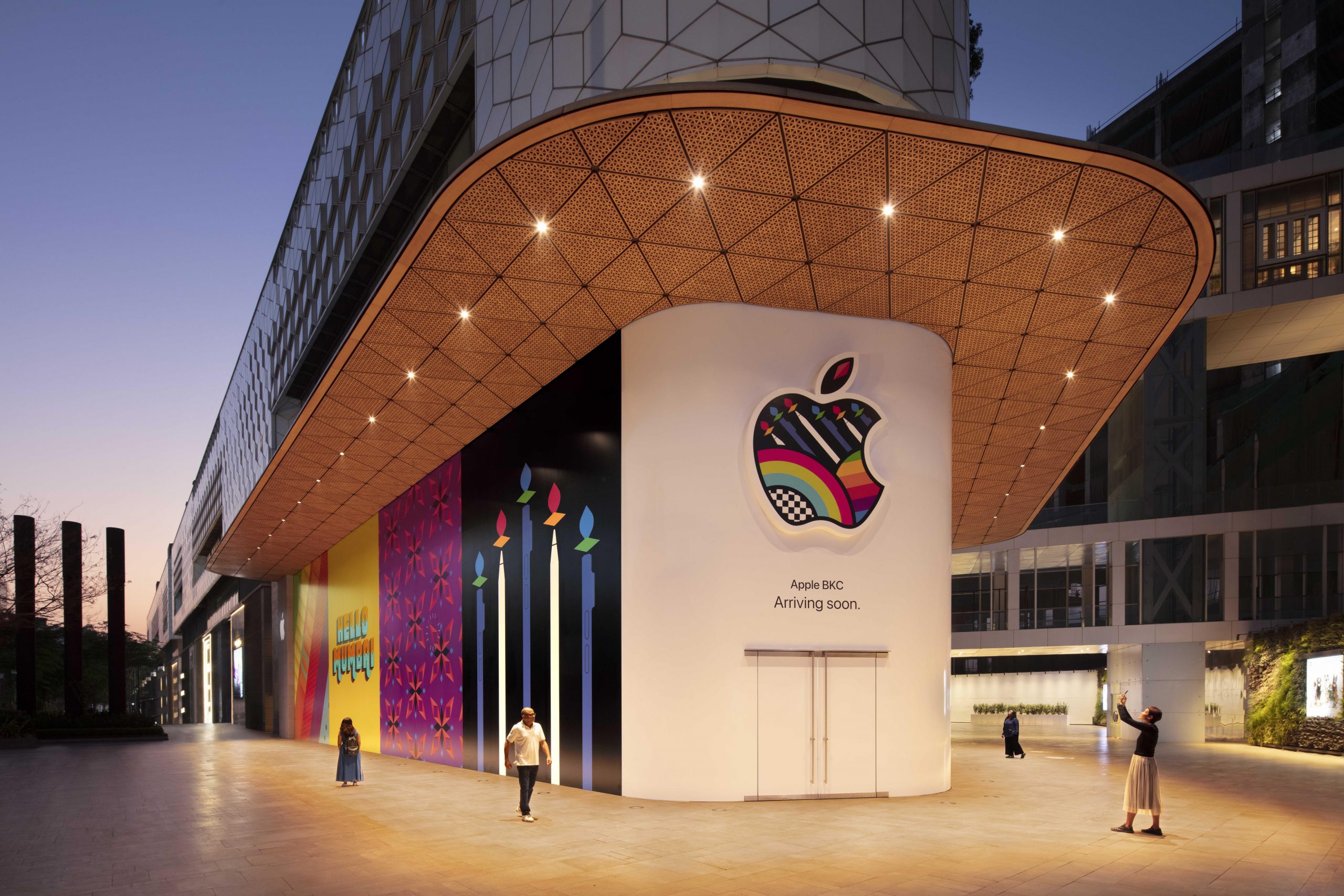What Google and Apple’s battle for China means for the future of mobile
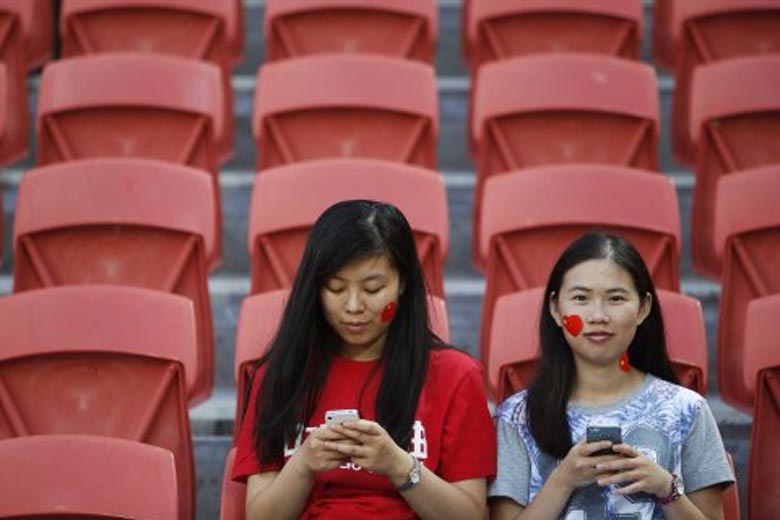
Photo credit: Reuters
On February 2, after a positive Q4 2015 earnings report, Google briefly outstripped Apple as the world’s most valuable company.
Since then, both companies’ shares have fallen, with Apple retaking the top position ($517 billion as of Feb 11 to Google’s $479 billion). What’s interesting is how these two titans of our industry have reached this pinnacle with fundamentally different business models.
No other market better highlights the differences between Apple and Google’s strategies than China.
Apple and Google’s market presence in China thus far
In 2010, Google abandoned China, refusing to be censored by China’s government. Google understood that China’s Politburo believed that search was too important to be left in the hands of a foreign enterprise, and correctly concluded it was a battle that it could not win. Since then, Google has foregone billions in potential revenue as “forked” or open-source developed versions of its Android OS have come to dominate China’s smartphone market, the largest in the world.
At the same time, China has become one of Apple’s most important growth markets, accounting for much of its revenue growth in 2015.
In 2016, this situation will change. As multiple sources have reported, Google is set to return to China this year with its Google Play app store.
Looking at Google’s China strategy can help us to understand what makes China’s mobile economy so unique, how Apple and Google are competing to own the future of mobile, and what challenges and opportunities this creates for those of us in the app industry.
How Apple and Google are competing to own the future of mobile
In 2015, Apple made the lion’s share of the largest-ever corporate profit in history ($53.5 billion) from one product: the iPhone. The iPhone has led the way at the high end of the smartphone market, and Apple’s App Store has become the platform to reach consumers who spend the most on apps.
In contrast, Google’s free, open-source Android OS, is now running over 80 percent of the world’s smartphones, in particular the vast majority of handsets in emerging markets. Of the next billion people who access the Internet for the first time, almost all of them will be on Android devices. However, these lower-income users are less likely to pay for apps or make in-app purchases.
To sum up the difference, App Annie recently reported that in 2015, iOS apps generated almost twice the amount of revenue as Google Play apps – from one half the amount of downloads!
Why did Google decide to give away Android for free? In a word, data.
Why did Google decide to give away Android for free? In a word, data. With the “always on” nature of mobile devices, Google uses Android – and its preloaded Google apps – to collect data about smartphone users in the same way it uses its near-monopoly on search to collect data about desktop users. And no company in the world is better at collecting, analyzing and learning from data than Google. All of Google’s key products – search, maps, email – are ways to gather deeper and more detailed information about users and learn what is important or relevant to them.
With Adwords and Adsense, Google has mastered the monetization of its data expertise on the web through advertising, which generates almost 90 percent of its revenue. On mobile, Google has not been able to scale such monopolistic profits from advertising. There are a few reasons for this: One, a majority of users spend time in apps, not on the mobile web, and two, mobile advertising is less lucrative on a CPM/CPC basis. Three, Android users are less affluent and drive lower ad rates, and finally, the adoption of ad blockers (and Apple’s enabling of them) is negatively affecting the market.
Google’s challenges in monetizing Android users are compounded in China, the largest smartphone market in the world, with over 500 million users. When it left China, Google’s absence gave rise to a highly fragmented Android ecosystem, with many different app stores competing for market share. The largest app stores are owned by major social/messaging platforms like Tencent (18 percent market share), search platforms like Baidu (12.5 percent), and handset makers like Xiaomi (11 percent).
How can Google re-enter China amidst all this competition? With a major Chinese player as a partner.
In 2015, Google announced a partnership with Huawei, one of China’s largest handset makers, to make the next generation Nexus phone. At first this would seem like a coup for the upstart Chinese company: a chance to enter the US market with an upscale “halo” product with the Nexus brand name rather than its own lesser-known brand.
But reports that Google Play will be Google’s first product to re-enter China shows the brilliance of this strategy. If Google has convinced Huawei to pre-load Google Play on its phones, it can use Huawei’s 13 percent market share to gain a big enough beachhead in China. Then it can introduce attractive western-made apps, especially games, as a way to entice more users to its platform. Google’s seriousness in using Google Play as the way back into China is evidenced by their re-hiring of senior executive Sameer Samat from Jawbone to help lead the Google Play team.
What this means for app developers
Google’s push back into China will be a boon to western app developers by giving them a clearer and more transparent channel to reach China’s millions of mobile users. This is a very exciting development for app developers and mobile entrepreneurs. According to China Internet Watch, as of November 2015 only 25 percent of China’s smartphone users have installed foreign apps.
Such low penetration presents a huge market opportunity for western developers, and given Google’s desire to capture market share, it’s safe to say they will be doing everything they can to support Android based apps for the China market. So one take away is that if you’re considering building a new app, thinking about building it on Android first and tailoring it to the Chinese market could be a winning strategy in 2016.
Moving forward, a big question for Google remains: how will it effectively monetize the data it gets from a billion Android users around the world?
The key may lie in China, where smartphone apps are now integrating into every aspect of users’ lives. In the short run, there’s no doubt that Apple has been winning the battle of China. But in the long run, I wouldn’t bet against Google – especially because the Chinese, more than any other people in the word, think in terms of the long run. As Zhou Enlai (1898-1976), the first Premier of The People’s Republic of China famously remarked when asked what he thought about the French Revolution: “It’s too early to tell.”
This article was first published on Forbes.
Recommended reads
 Baidu goes back to basics as rivals and AI erode search empire
Baidu goes back to basics as rivals and AI erode search empire Google delays Play Store billing change in India to April 2022
Google delays Play Store billing change in India to April 2022 Indian startups reportedly consider butting heads with Google’s app store
Indian startups reportedly consider butting heads with Google’s app store Revolt against Apple, Google app stores gathers steam in Asia
Revolt against Apple, Google app stores gathers steam in Asia How Huawei’s mobile ecosystem has grown (Infographic)
How Huawei’s mobile ecosystem has grown (Infographic) Indonesia antitrust agency probes Google over alleged monopolistic practices
Indonesia antitrust agency probes Google over alleged monopolistic practices Ex-Googlers raise $1.25m for text-free social app
Ex-Googlers raise $1.25m for text-free social app Indonesian startups push back on Google Play’s new billing rules
Indonesian startups push back on Google Play’s new billing rules Apple in talks with Baidu on AI partnership: report
Apple in talks with Baidu on AI partnership: report ByteDance’s ‘AI homework helper’ now second-most popular edtech app in US
ByteDance’s ‘AI homework helper’ now second-most popular edtech app in US
Editing by Sim Yanting
(And yes, we’re serious about ethics and transparency. More information here.)
